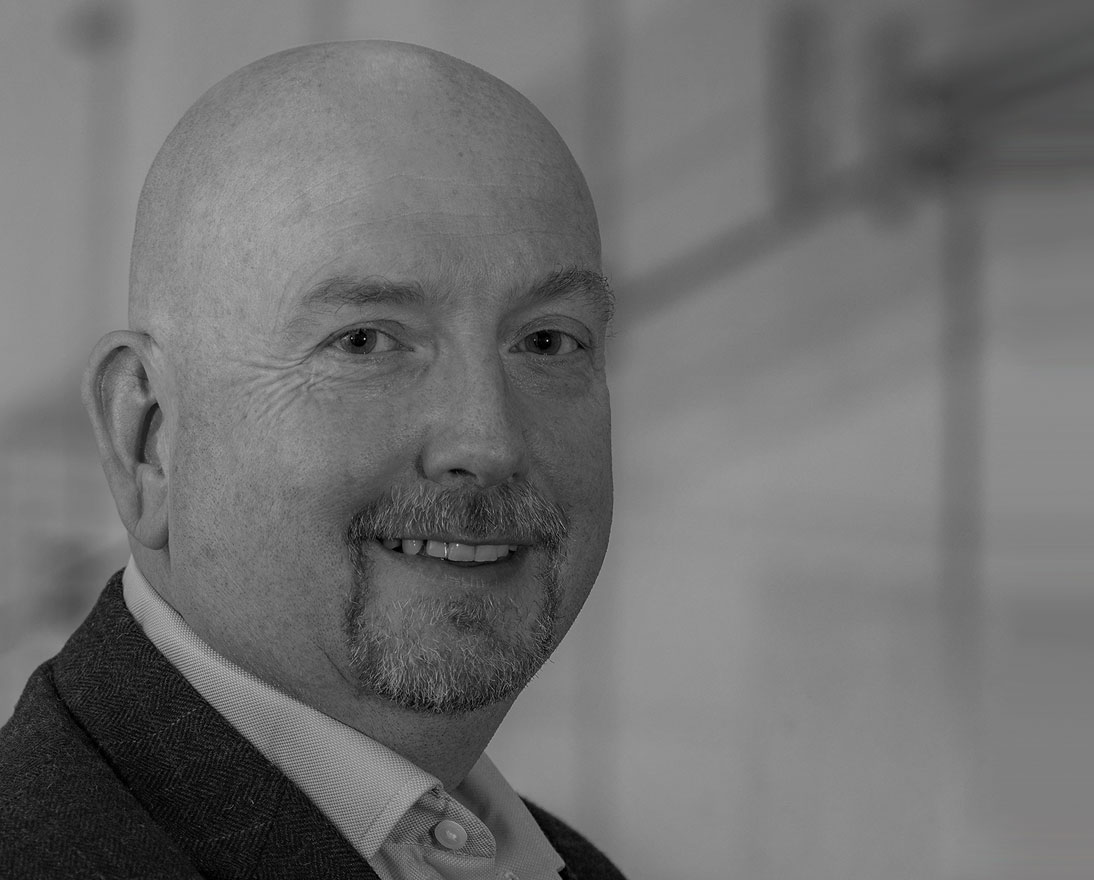Listen, reassure and respond: how to be a mental health first aider
WellbeingArticleOctober 6, 20218 min read
Across Zurich, employees are drawing own their own personal experiences of mental ill-health to support others by becoming mental health first aiders. Opening up the conversation and creating safe spaces where positive emotional and mental wellbeing can thrive.
In 2013, Nicole Golliday’s brother Lewis died by suicide. He was only 49 years old and left behind four children.
“There were a couple of times when he called me to talk. He needed help,” recalls Nicole, who works in HR Employee Relations in Zurich North America.
“On one occasion he talked about taking his life. I called 911 and he was admitted to hospital for 72 hours under the Florida Mental Health Act.”
Nicole believed her intervention had helped Lewis to get the support he needed. “He said thank you, told me everything was alright, and he stopped reaching out for help,” remembers Nicole. Sadly, she was wrong.
“I have since learned that if someone is contemplating suicide, they will likely stop contacting you if they think you may call 911. And I think that’s what happened with my brother,” Nicole says.
Today, Nicole uses this traumatic experience to fuel her determination to learn more about mental health and to improve her communication skills, so she can better help others in a similar situation. Last year, she completed her Mental Health First Aid training and has been a driving force behind the roll out of the program in Zurich North America.
The mental health first aiders are officially trained and accredited to provide initial support through non-judgmental listening and to guide towards further support as appropriate. They are not medically trained mental health professionals, so do not diagnose, treat, or offer counselling.
In the UK, Zurich’s Mental Health First Aid (MHFA) program has been running for over four years with more than 100 employees in their MHFA community. They work with colleagues within employee resource groups and a newly formed Inclusion Ally Network, where they seek to support employees experiencing emotional distress or challenge by being there to listen and hold a space for them to talk. The MHFAs identify themselves in their email signatures and their details can be found on a virtual “Wellbeing Hub”. This resource was critical during the COVID-19 lockdown restrictions and has continued to provide support across the full range of wellbeing pillars, from physical and social, to financial and mind wellbeing.
Mental health challenges in the workplace
Mental health conditions, such as depression, anxiety, schizophrenia, eating disorders and addictions, can affect your mood, thinking and behavior. According to the World Health Organization, globally one in four families has at least one member with a mental illness.
Those challenges seep into the workplace. One in six workers will experience depression, anxiety or problems relating to stress at any one time.
“It’s highly likely employees will be in close contact with people who are impacted by mental ill-health, but many feel unequipped to provide support to others,” says Kayleigh Linklater, a member of the People Team who supports Zurich’s Mental Health First Aid program in the UK.
“We introduced Mental Health First Aid to help people recognize the signs of a range of mental health conditions. And also, to promote positive emotional and mental wellbeing and to start a dialogue that challenges and tackles the stigma, which is sadly still societally associated with mental health. This year we’re continuing our focus on making it easier to talk about mental health at Zurich. And to strengthen the support framework available for everyone, both in maintaining good emotional and mental health, and navigating periods of illness or challenge.”
Paralyzing and isolating
Kayleigh has experienced struggles with her own mental health and has lived with anxiety throughout her adult life. “A small issue can ‘catastrophize’ in my head,” she says. “I’ll start to doubt myself and feel overwhelmed. Often there’s a physiological response where I may experience shortness of breath, sweaty hands, or even dizziness and blurred vision. It can be paralyzing and very isolating at times.”
Outside of work, Kayleigh attends regular cognitive behavioral therapy. It’s a talking therapy that helps deal with overwhelming problems in a positive way by breaking them down into smaller parts and looking for practical ways to improve your state of mind.
She says this therapy, together with a strong support network, has helped her manage her anxiety. “I know first-hand the difference it can make to simply have someone to talk to. Cognitive behavioral therapy has been a really powerful experience for me and has helped me to find a voice I wasn’t always comfortable using before. I’m passionate about helping others and creating spaces where people feel safe and able to talk openly and freely. Being a mental health first aider is a practical way to do this. We all need a helping hand or a friendly listening ear sometimes – and that’s ok. As mental health first aiders we’re here to be that helping hand.”
Jake Dobie, who also works in the UK, joined the program due to personal experience. “I’ve suffered from anxiety since my early 20s, but unlike many young guys I have great group of friends who struggle with similar issues and we openly discuss our feelings. So it came as a shock when a friend in this group tried to take his life without showing any clear signs. It was a wake-up moment for me to be more actively engaged in this topic.”
A global movement
Mental Health First Aid started in Australia in 2000 and has since evolved into a global movement supported by the likes of Lady Gaga and Michelle Obama with over four million people trained across 24 countries.
“You’re shown how to listen, reassure and respond. You learn to develop the skills and confidence to approach and support someone, until appropriate professional help is received, or the crisis is resolved,” explains HR Business Partner Isabel Heggie. Isabel is a mental health first aider in Switzerland who became qualified with the help of Zurich’s mental health charity partner Swiss Foundation Pro Mente Sana.
“The course taught me that it’s okay to not be okay,” adds Jake. “Lots of people suffer with these issues so it’s important to remember that we’re not alone.”
Jake says one of the most valuable lessons he has learned is to be proactive. “It’s important to help others break down the barriers that might be holding them back from seeking help. If you notice someone isn’t acting their usual self, then expressing your concern and support may allow the individual to be more open with you about what they’re truly feeling inside.”
For Nicole, her first year as a mental health first aider has been incredibly busy and rewarding, particularly as the pandemic has heightened anxiety and stress in the workplace, but also at home.
“Some employees have been living and working from small apartments and feel isolated and anxious. In these cases, we’ve been able to allow them to work from the office on a full-time or temporary basis, which has helped to alleviate their stress,” she says.
“I’ve used my training to help several employees who were experiencing mild to very severe issues,” says Nicole. “I don’t diagnose or tell people what to do. I just listen, offer support, and help employees find a resource or solution for their situation.”
YouMatter: A global wellbeing employee-led movement
Zurich has launched a new global wellbeing resource group led by employees for employees called YouMatter. It provides support, tools and resources to existing employee wellbeing groups across the globe, highlights the work they do, and encourages other countries to establish or grow their own employee-led wellbeing groups.
Importantly, it encourages employees to connect, share experiences and support one another. Being informed, aware and proactive about your wellbeing is one of the best things you can do for yourself as well as your family and loved ones.
The purpose of YouMatter is to promote Zurich’s four pillars of wellbeing: physical, social, mental and financial. These pillars are all interconnected. For instance, a physical injury may also affect someone’s emotional, social and financial wellbeing; while a financial struggle may impact a person’s physical, emotional and social wellbeing.



